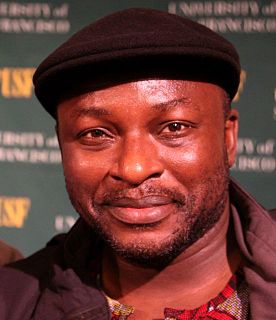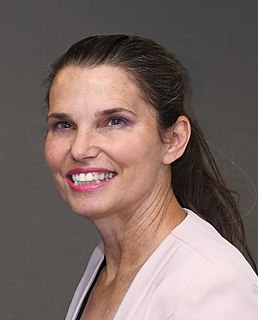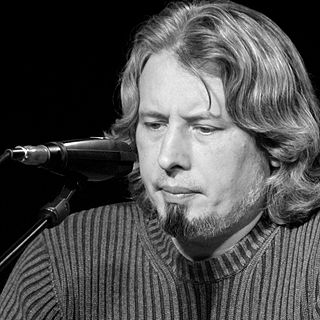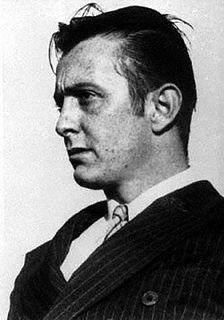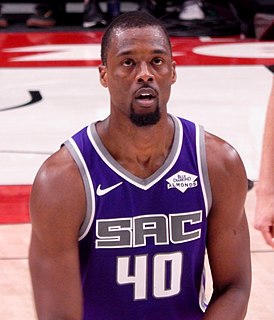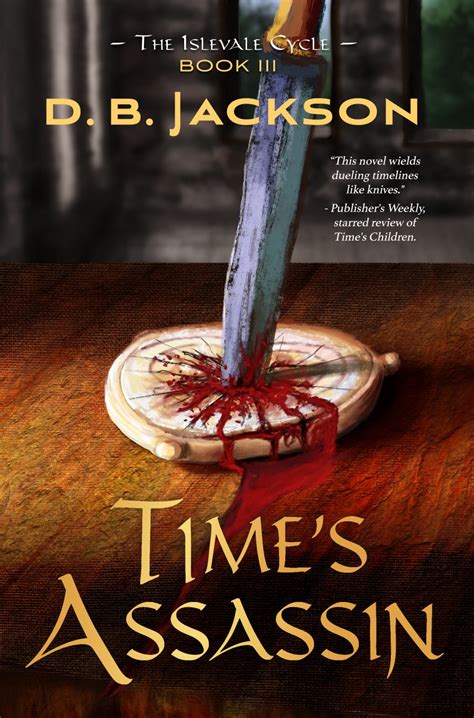A Quote by Courtney A. Kemp
Every writer should be able to write anything if you do the research and you're sensitive enough to ask the questions.
Related Quotes
But we should ask the question: Why should a writer be more than a writer? Why should a writer be a guru? Why are we supposed to be psychiatrists? Isn't it enough to write and tell the truth? It's not like telling the truth is common. Writers are the earthworms of society. We aerate the soil. That's enough.
To me, I'm honored to be able to talk to and interview people like Dr. Harry Edwards and Emmitt Smith, and just to be able to ask them questions is an unbelievable opportunity. I'm not a journalist. I have no idea about that. My wife is 10 times the writer that I am. I'm not going to be on that level.
There's this message to comedians in particular, that you shouldn't write it, and a television writer should write it. And that's a prevailing conventional wisdom that I think is really wrong. That's not to say that television writers aren't great, but I think that the belief that some comedy writer's going to be able to capture your voice is naive.
It's important to be able to simply ask the questions. Every single advance in science comes about because of courage to ask a question, an outrageous question. Like "Can a large heavy metal object fly if it goes fast enough with the right design?" People's worldviews are changed when they see that something unbelievable is possible. Airplane flight is now taken for granted. And so all wonderful advances start with an outrageous question.


